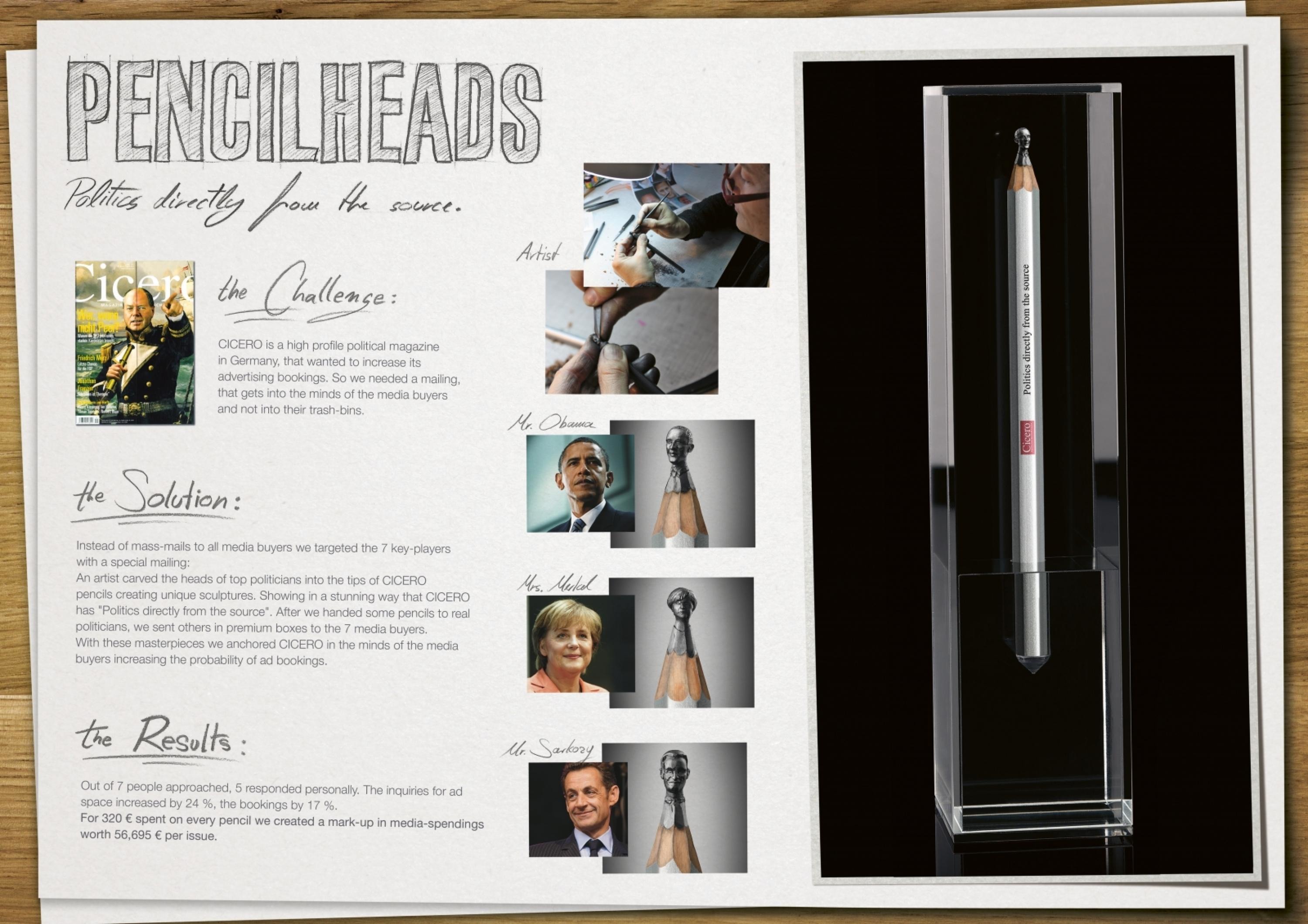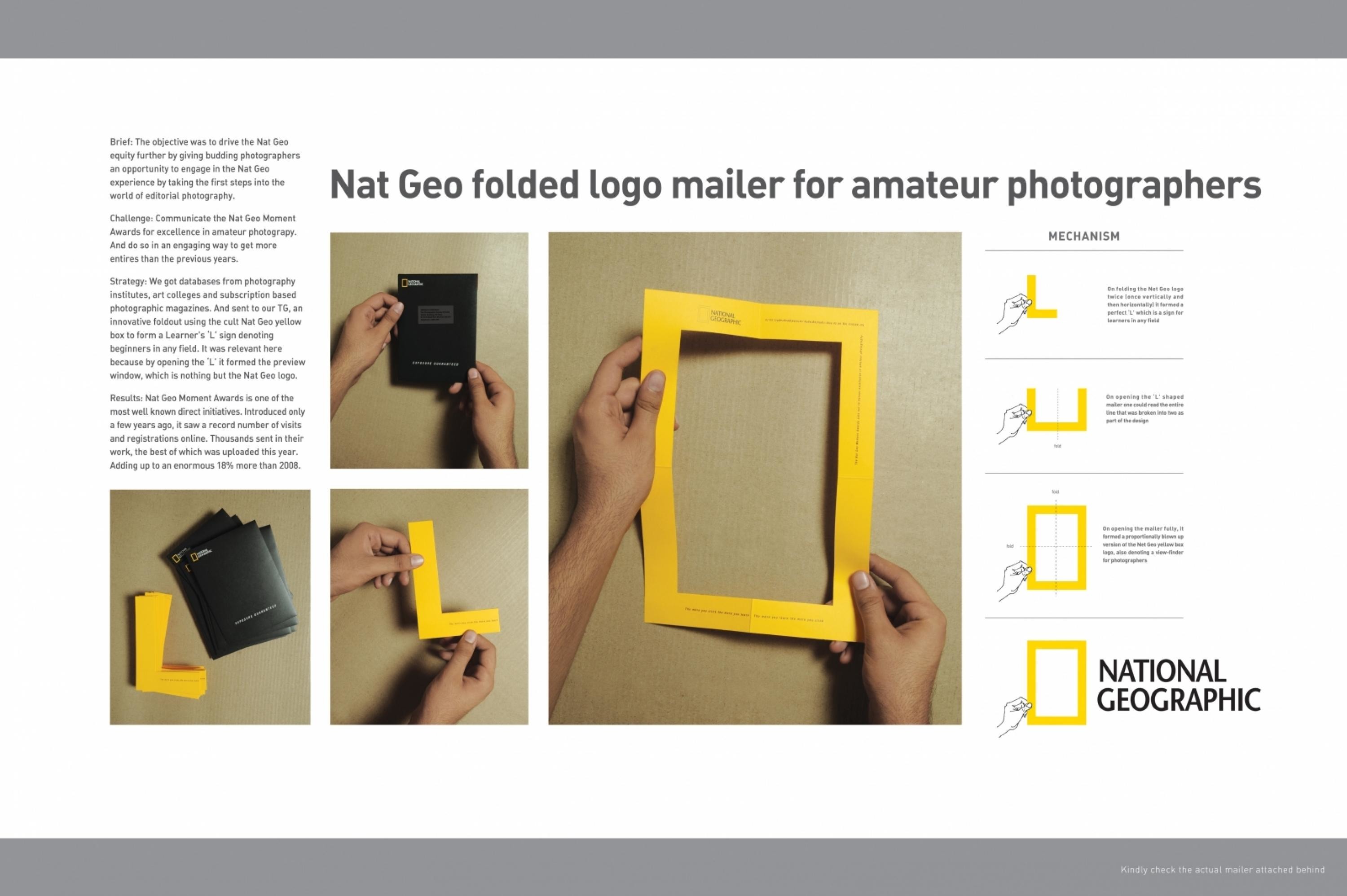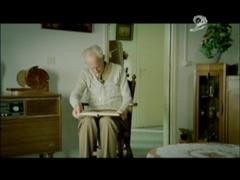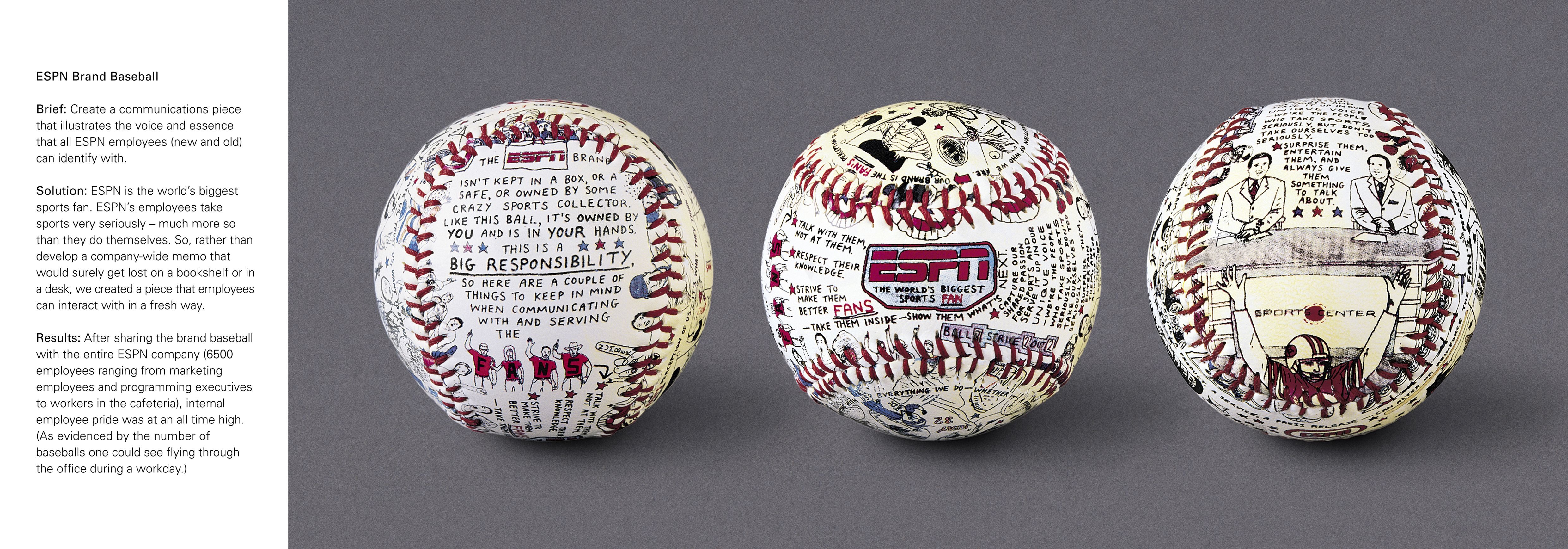Cannes Lions
Planet or Plastic
McCANN NEW YORK / NATIONAL GEOGRAPHIC / 2019
Awards:


Overview
Entries
Credits
OVERVIEW
Background
Our planet is facing a monumental epidemic. Each year, 9 million tons of plastic waste ends up in the ocean. Some estimates suggest this plastic could remain in marine environments for 450 years or longer, and the problem is only getting worse.
As a global organization with a rich history of scientific discovery and exploration, National Geographic decided it was time to start a conversation about this important issue. Because, unless we act now, the plastic waste crisis will define our generation and cause irreparable damage the only home planet we have ever known.
In May 2018, National Geographic launched its Planet or Plastic? initiative asking consumers to make a choice: choose the planet over single-use plastic.
To maximize impact, National Geographic set its sights squarely on social media. Everything from the hashtag (#PlanetOrPlastic), to the influencer outreach, to the interactive challenges, were built to be a standout online.
Idea
We knew we needed to help people realize the consequences of their choices. Real impact can be achieved if consumers simply make small changes in behavior: choosing a paper bag or bringing your own, using a reusable water bottle or refusing straws offered at restaurants and other establishments. So, we focused our efforts on creating a poignant campaign line, to tie things together. Something short enough to be shared but meaningful enough to make a difference.
We ultimately decided to reinterpret a common question from grocery store checkout counters: “Paper or plastic?” While it appears to be a simple question about consumer preference, choosing “plastic” or buying single-use plastics has dire consequences for our planet.
Thus, “Paper or plastic?” became “Planet or plastic?” and a question of convenience became a question of conscience.
Strategy
In order to effect the greatest change, people need to feel they have agency. As a result, we sought to find a way to communicate the severity of the issue, while encouraging and empowering people to contribute to the solution. Because the plastic crisis isn’t the result of one single polluter, or even one single company. It’s the result of millions and millions of decisions made by consumers, every single day. Every time we choose the convenience of single-use plastics, we put the planet at risk. We built out experiential elements in order to persuade consumers to change their behavior, and to make a better choice.
Execution
On May 16, 2018, National Geographic globally launched its Planet or Plastic? The initiative, aimed at raising awareness about the global plastic crisis and reducing the amount of plastic reaching the world’s oceans. We debuted a full magazine of in-depth, original reporting on the issue and immediately got people talking on social media.
A viral #PlanetOrPlastic hashtag was shared over 1,000,000 times within the first week. Celebrities and influencers like Ellen DeGeneres, Reese Witherspoon, Bryan Cranston, and more jumped in on the action, amplifying our message, and contributing to the conversation.
National Geographic continued the campaign on TV, Twitter, Instagram, Facebook, Snapchat, Reddit, Wattpad, Digital, OHH, and many other media channels. We also launched experiential marketing executions, like a customized Planet or Plastic? pledge (asking audiences to commit to reducing their use of single-use plastic) and YourShot photography challenges. We saw a deluge of original content, submitted by our followers.
Outcome
As a result of the Planet or Plastic? The initiative, people all over the world have started to reconsider their choices and pledged to curb their single-use plastic usage. For many consumers, Planet or Plastic? has become a mantra, and a helpful reminder to make better choices. And #PlanetOrPlastic has become a rallying cry for advocacy online. From a viral first week, which saw the #PlanetOrPlastic hashtag shared over 1,000,000 times, to today, National Geographic has prevented more than 200,000,000 pieces of single-use plastic from entering our ocean (latest pledge numbers here), and over 400 companies have changed their policies regarding single-use plastics. Additionally, more than 20 countries have since launched Planet or Plastic? consumer awareness campaigns, truly amplifying the message on a global scale.
Similar Campaigns
12 items








